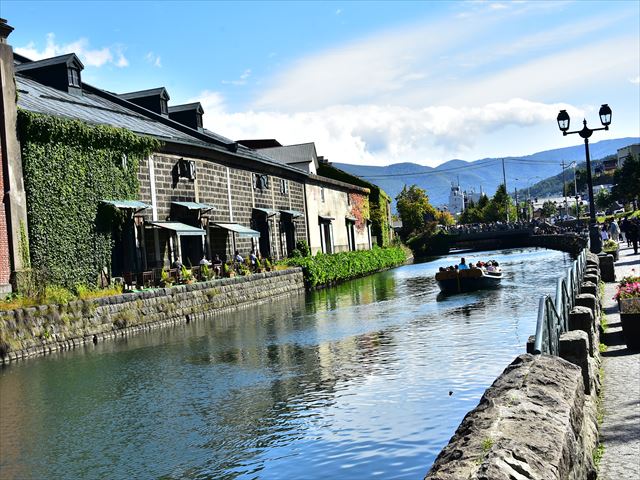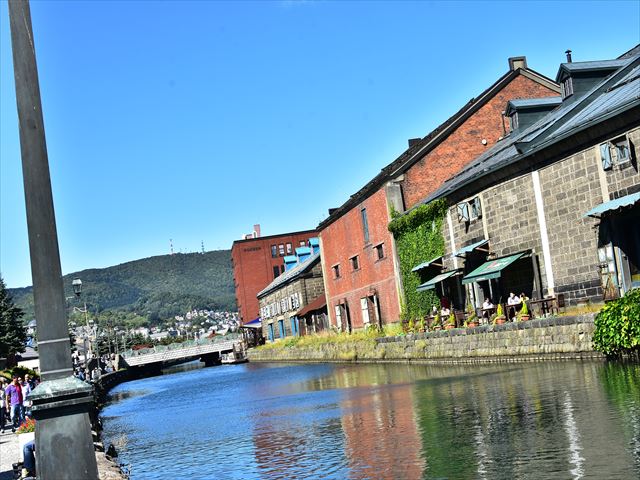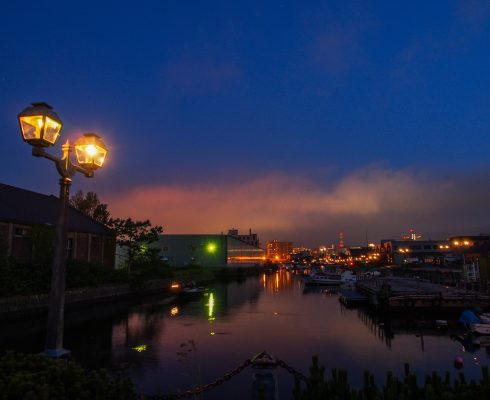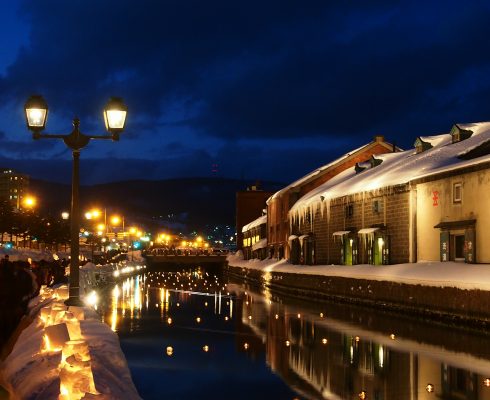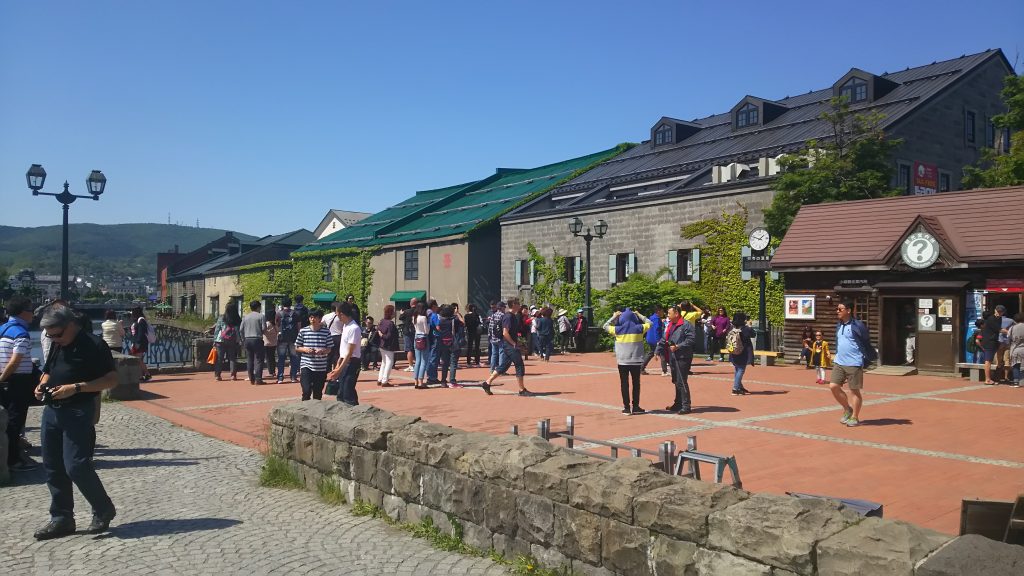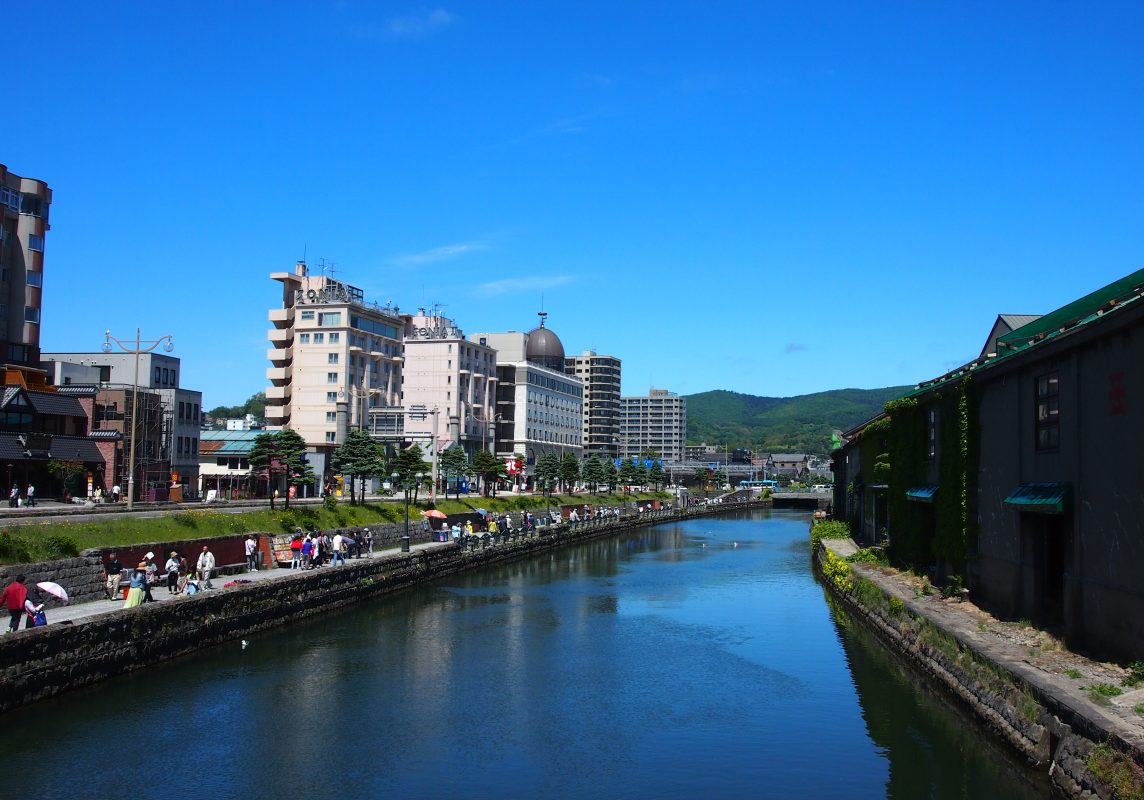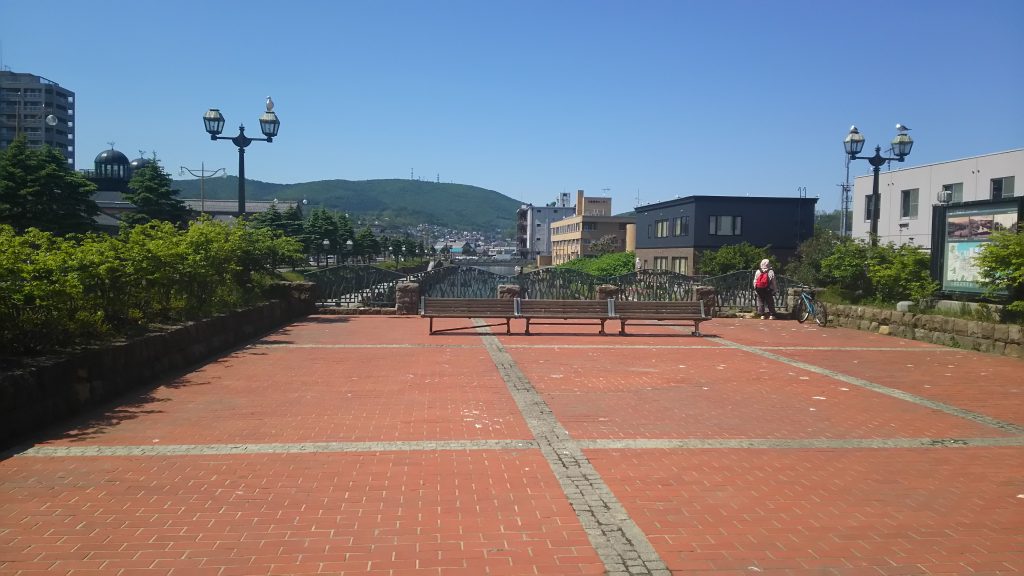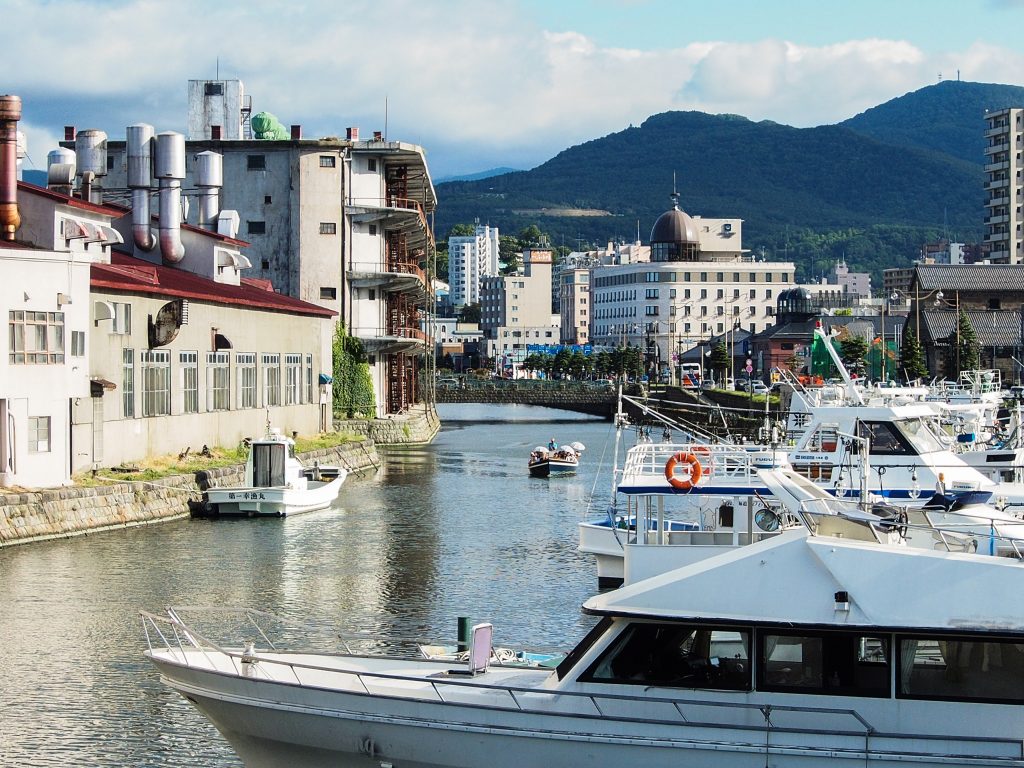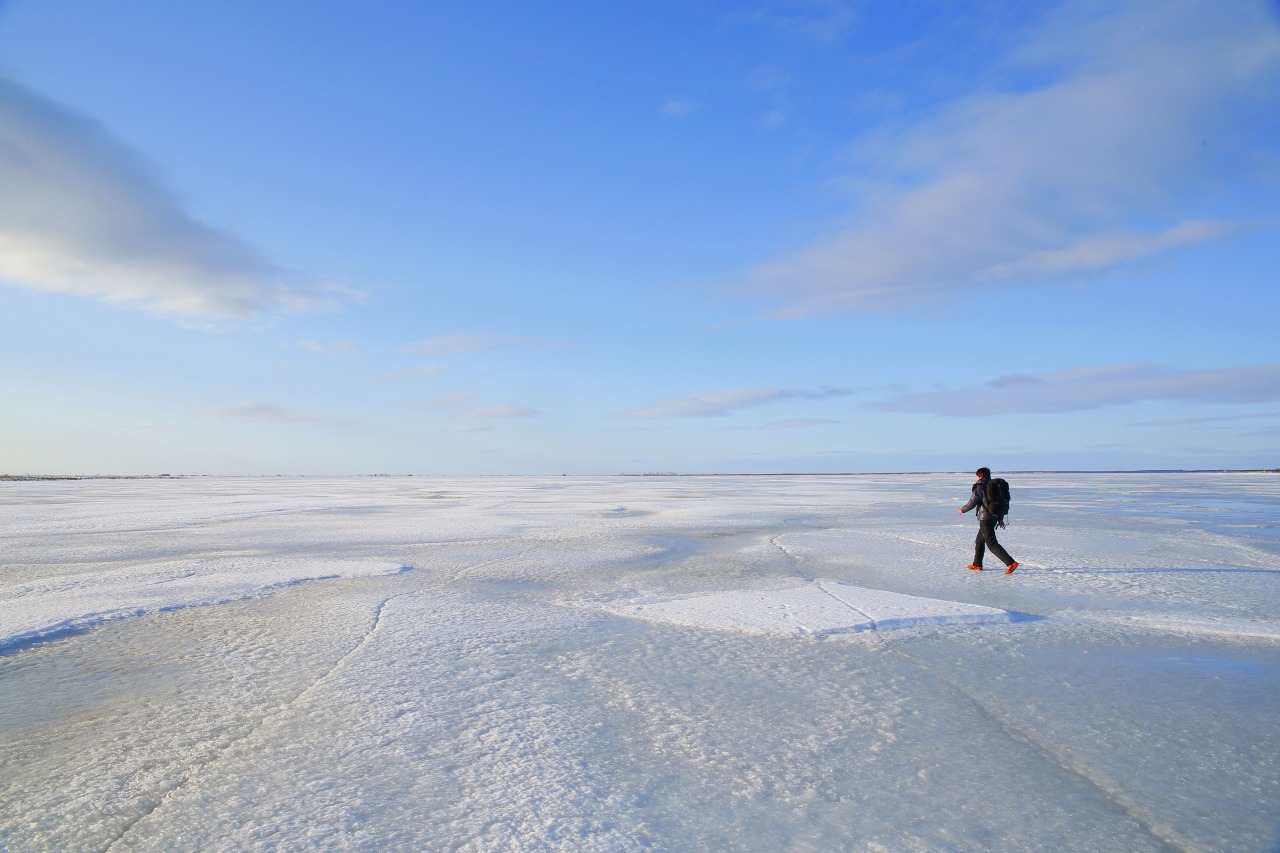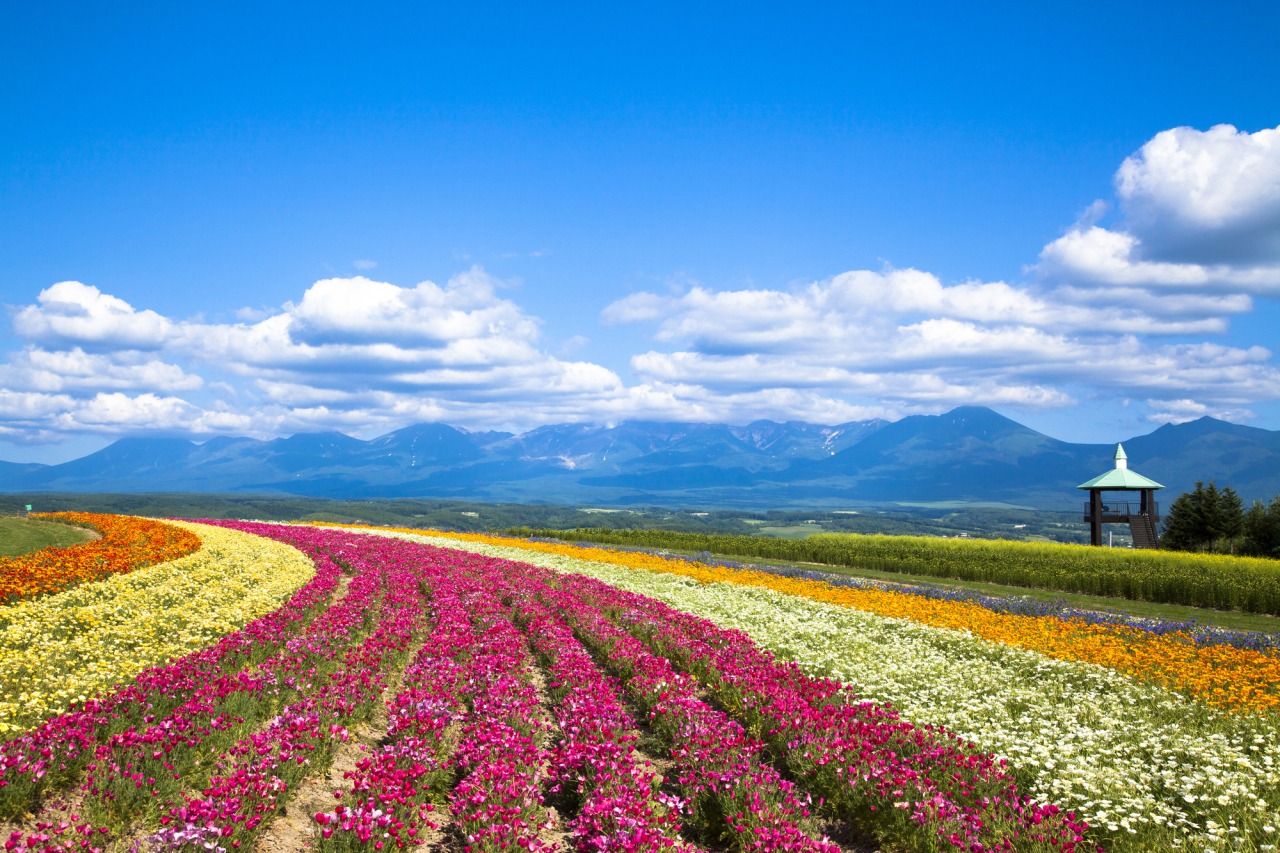

Things to do in Otaru:Otaru Canal
Otaru Port has developed as a gateway to the development of Hokkaido.
At that time, large ships were moored off the coast and barges were used to unload cargo, but as the amount of cargo to be handled increased, it became necessary to transport the cargo more efficiently. The Otaru Canal was created by reclaiming sea surface to increase the distance that barges could berth.
この投稿をInstagramで見る
The Otaru Canal was completed in 1922, and was built by reclaiming land off the coast, rather than being dug inland, and is therefore characterized by its gentle curve rather than a straight line.
However, as times changed and the war ended, that mission came to an end due to the construction of the port’s wharf.
この投稿をInstagramで見る
In 1985, after more than a decade of controversy over land reclamation, a portion of the canal was reclaimed, and half of its width became a road, and it was reborn into its current form with walking paths and a town garden. Ta.
The total length of the canal is 1,140m, and the width is 20m along the Hokkaido Rinko Line, and 40m in the northern part (commonly known as the North Canal).
この投稿をInstagramで見る
63 gas lamps have been installed along the walking path, and the stone warehouses along the canal remain as they were at the time and have been reused as restaurants.
At dusk, gas lamps are lit and the stone warehouses are lit up, creating a different atmosphere than during the day.
この投稿をInstagramで見る
Asakusabashi Street Garden, a typical spot for photography
This is a standard photo spot that is often used for image photos of the Otaru Canal.
It’s crowded with tourists during the day, so it’s easy to find even for first-timers!
There is also a tourist information center on the premises, which is very convenient for gathering the latest tourist information and facility pamphlets.
In the surrounding area, restaurants and tourist attractions such as Sakaimachi Street, the former Bank of Japan Otaru Branch, and the former JNR Temiya Line are within walking distance.
この投稿をInstagramで見る
Chuobashi Street Garden, close to the boarding point for marine sightseeing boats and canal cruises
It is located at the intersection of Chuo Dori and Otaru Canal, which extend from JR Otaru Station.
In the surrounding area, there are the Canal Plaza Tourist Information Center (Otaru International Information Center), which serves as a base for sightseeing, the boarding point for the Otaru Canal Cruise, and the dock for marine sightseeing boats heading for Shukutsu and Otamoi.
この投稿をInstagramで見る
North Canal, where traces of those days remain
North Canal is located on the north side of the Otaru Canal Walking Path.
As you walk along the promenade, the width of the canal becomes wider, so even first-timers can easily see it.
Please take your time and enjoy the quaint scenery of the port town, including moored ships, warehouses and factories.
Nearby are the former Nippon Yusen Otaru Branch, which has been designated as a national important cultural property, a canal park in front of you, and the Otaru GOLDSTONE event hall, which is a repurposed stone warehouse that was once used as a warehouse. Stretch out and you will find the main building of the Otaru City Museum.
Also, the Kitahama Bridge and Asahi Bridge that span the canal are recommended as photo spots.
Link:Otaru Canal
Otaru canal cruise
Otaru Canal Cruise is a new activity that allows you to rediscover the charm of Otaru, a city of history and romance. A unique captain will guide you on a 40-minute cruise. The departure and arrival point is Chuo Bridge, which is convenient for sightseeing in Otaru. It is also ideal for day trips from Sapporo.
Day cruise (departs before sunset)
Adults (junior high school students and above) ¥1,800 Children (elementary school students and below) ¥500
Night cruise (departs after sunset)
Adults (junior high school students and above) ¥2,000 Children (elementary school students and below) ¥500
Link:Otaru Canal
